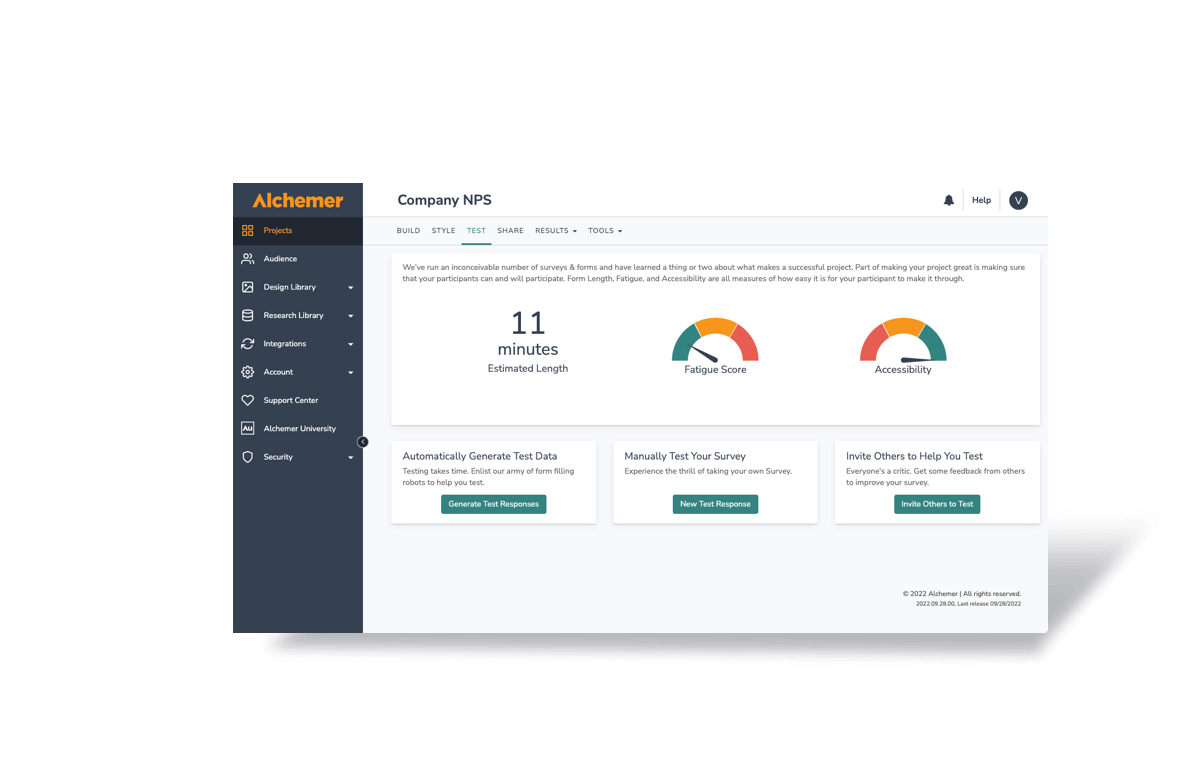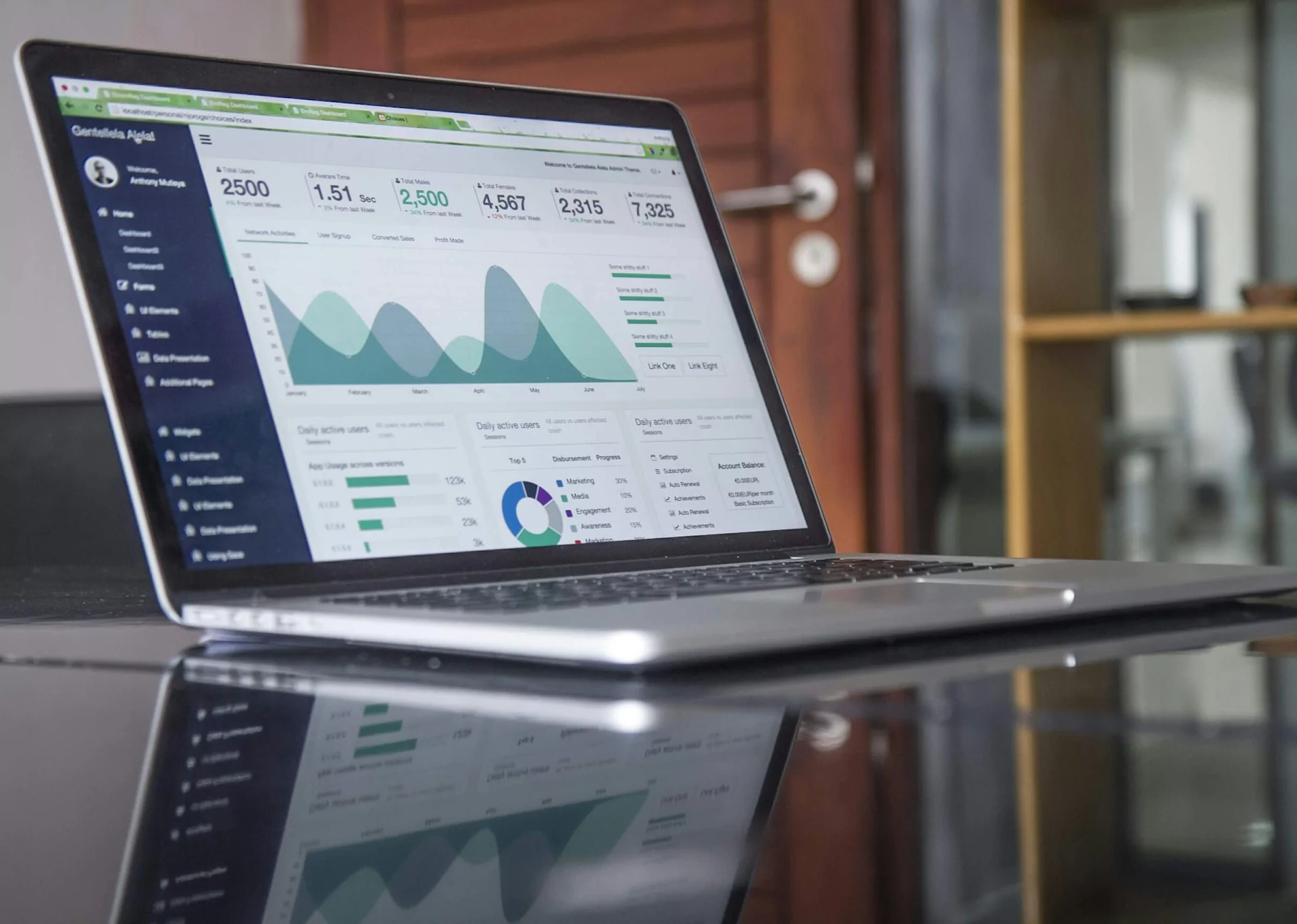Surveys are a vital tool for gathering information, opinions, and feedback from individuals or groups. They can provide valuable insights across various fields, including market research, education, healthcare, and more. But what is the purpose of a survey, and why is it crucial in today’s data-driven world?
This blog will explore the varied purpose of surveys. The significance of survey data will be highlighted along with the key elements in survey design. Additionally, the focus will be on the role of online surveys in this process.
What is the Purpose of a Survey?
At its core, the purpose of a survey is to collect data that helps organizations make informed decisions. Surveys serve various purposes, including:
- Gathering Information: Surveys can collect factual data, such as demographic information, product usage, or customer satisfaction levels. This information helps organizations understand their audience better.
- Understanding Opinions and Attitudes: Surveys are effective for gauging public opinion, customer satisfaction, or employee engagement. Understanding what individuals think or feel about specific issues is crucial for decision-making.
- Identifying Needs and Preferences: By asking targeted questions, surveys can uncover the needs and preferences of specific populations. This insight can inform product development, service improvements, and marketing strategies.
- Measuring Change Over Time: Surveys allow organizations to track changes in opinions, behaviors, or satisfaction levels over time. This longitudinal data can highlight trends and inform future strategies.
- Driving Strategic Decisions: Organizations frequently rely on survey data to guide their strategic decisions. This data helps them determine whether to enter new markets, launch new products, or modify existing services. By using survey insights, organizations can make informed choices that align with customer needs and preferences. The insights gathered can mitigate risks and optimize resource allocation.
- Enhancing Accountability: Surveys can serve as a mechanism for accountability within organizations. By regularly collecting feedback from employees, customers, or stakeholders, organizations can ensure they are meeting expectations and holding themselves accountable for their performance.
Understanding the survey purpose helps organizations tailor their approaches to meet specific goals. By defining clear objectives before initiating a survey, organizations can ensure they gather relevant and actionable data.
The Importance of Survey Data
Survey data plays a pivotal role in decision-making across various sectors. Here are some reasons why survey data is essential:
1. Informed Decision-Making
Organizations thrive on data-driven decisions. Survey data provides concrete evidence that can support or refute assumptions. If a company thinks its product is highly rated but survey data shows otherwise, it can reassess and improve.
2. Cost-Effectiveness
Conducting surveys, especially online surveys, is often more cost-effective than traditional research methods. This includes approaches like focus groups and in-person interviews. Organizations can save money while still gathering valuable insights through online surveys.
Online surveys can reach a broader audience while significantly reducing costs. This capability enables organizations to gather large amounts of data quickly. By leveraging online surveys, organizations can obtain valuable insights efficiently.
3. Flexibility and Adaptability
Surveys can be customized to address specific questions or objectives. Organizations can design surveys to gauge customer satisfaction, conduct market research, or gather employee feedback.
4. Timeliness
Online surveys allow for rapid data collection and analysis. Organizations can receive feedback in real-time, enabling them to respond promptly to emerging issues or trends. This agility is especially crucial in fast-paced environments where timely information is key.
5. Enhanced Engagement
Surveys can foster engagement among respondents. By inviting individuals to share their opinions, organizations demonstrate that they value their input. This engagement can lead to higher response rates and more meaningful data.
6. Benchmarking Performance
Survey data allows organizations to establish benchmarks for performance. By comparing survey results against industry standards or historical data, organizations can identify areas for improvement and measure progress over time.
7. Informing Marketing Strategies
Surveys can provide insights into customer preferences and behaviors, informing marketing strategies. Understanding what customers value can help organizations tailor their messaging and promotional efforts to resonate with their target audience.
Effective Survey Design
Survey design is a critical component of the survey process. A well-designed survey ensures that the data collected is relevant, reliable, and actionable. Here are some essential elements of effective survey design:
1. Defining Objectives
Before creating a survey, it’s essential to define clear objectives. What specific information do you want to gather? Are you looking to understand customer satisfaction, gather feedback on a new product, or assess employee engagement? Clearly defined objectives will guide the survey’s structure and content.
2. Crafting Effective Questions
The quality of survey questions significantly impacts the data collected. Questions should be clear, concise, and unbiased. Here are some tips for crafting effective questions:
- Use Simple Language: Avoid jargon and technical terms that might confuse respondents. Clarity is paramount to obtaining accurate responses.
- Be Specific: Ask precise questions to gather focused data. For example, instead of asking, “How satisfied are you?” specify the aspect you’re inquiring about, such as “How satisfied are you with our customer service?”
- Utilize Different Question Formats: Incorporate various question types, such as multiple-choice, Likert scale, and open-ended questions, to capture a range of responses. Mixing formats can keep respondents engaged and provide richer data.
- Avoid Leading Questions: Ensure questions are neutral and do not suggest a particular answer. For example, instead of asking, “Don’t you think our product is great?” rephrase to “How would you rate our product?”
3. Ordering Questions Wisely
The order in which questions are presented can influence responses. Start with general questions to ease respondents into the survey before moving on to more specific or sensitive topics. This approach can help build rapport and encourage honest responses.
4. Piloting the Survey
Before launching the survey, consider conducting a pilot test with a small group. This trial run helps identify potential issues with question clarity, survey flow, and overall length. Gathering feedback from pilot participants can improve the final survey design.
5. Considering Length and Time
Respect respondents’ time by keeping surveys concise. Research shows that shorter surveys tend to yield higher response rates. Aim for a completion time of 5–10 minutes, and communicate this estimate to respondents to set expectations.
6. Incorporating Anonymity and Confidentiality
To encourage honest responses, assure participants that their responses will remain anonymous or confidential. This assurance fosters trust and can lead to more candid feedback.
7. Using Visuals and Design Elements
Incorporating visuals, such as images or videos, can enhance engagement and improve the overall user experience. A visually appealing survey can make the process more enjoyable for respondents and can lead to higher completion rates.
Tools like Alchemer make it easy to style and brand surveys. This ensures that the surveys align with an organization’s aesthetics. Additionally, these tools maintain a user-friendly experience for respondents.
8. Utilizing Conditional Logic
Conditional logic lets survey designers personalize experiences by showing or hiding questions based on respondents’ previous answers. This feature ensures that respondents only answer questions relevant to them, reducing survey fatigue and improving data quality.
9. Styling Your Survey
Styling your survey can significantly affect the response rate and overall participant experience. Alchemer provides various options for customizing survey appearance. Our platform allows you to choose colors, fonts, and layouts that resonate with your brand. A well-styled survey not only looks professional but also creates a more inviting atmosphere for respondents.
The Rise of Online Surveys
In recent years, online surveys have gained immense popularity due to their convenience and efficiency. Here’s why online surveys are becoming the preferred choice for organizations:
1. Wider Reach
Online surveys can reach a global audience, making it easier to gather diverse opinions. Organizations can distribute surveys via email, social media, or embedded links on websites, maximizing their reach. This wide distribution is particularly beneficial for market research and customer feedback.
2. Cost-Effectiveness
As mentioned earlier, online surveys are often more cost-effective than traditional methods. Many online survey tools are available, allowing organizations to create and distribute surveys easily. This capability helps organizations avoid significant expenses. As a result, organizations of all sizes can gather valuable data without financial strain.
3. Real-Time Data Collection
Online surveys enable organizations to collect data in real-time. This immediacy allows for prompt analysis and response to emerging trends or concerns. Businesses can quickly identify potential issues and make necessary adjustments based on the feedback received.
4. User-Friendly Design
Modern online survey platforms offer user-friendly interfaces that make survey creation and distribution easy. Many platforms provide templates, question libraries, and analytics tools, simplifying the survey process. Users can often drag and drop questions, making the design process intuitive and efficient .
5. Flexibility in Design
Online surveys allow for flexibility in design and format. Organizations can customize surveys to reflect their branding. They can also incorporate multimedia elements, such as images and videos.
This enhancement helps increase engagement and makes surveys more appealing to respondents. Maintaining respondent interest can lead to more thorough responses.
6. Automated Data Analysis
Many online survey tools offer automated data analysis features. This functionality streamlines the process of interpreting survey results, providing organizations with valuable insights quickly and efficiently. By leveraging these tools, organizations can save time and resources while gaining critical insights.
7. Environmental Impact
Online surveys reduce the need for paper, making them an environmentally friendly option. By minimizing the carbon footprint associated with traditional survey methods, organizations can demonstrate their commitment to sustainability.
Challenges in Survey Implementation
While surveys can provide invaluable insights, organizations must also be aware of potential challenges in survey implementation. Here are a few common pitfalls:
1. Low Response Rates
One of the biggest challenges in survey implementation is achieving high response rates. To combat this issue, organizations should consider strategies such as:
- Incentives: Offering incentives, such as discounts or gift cards, can encourage participation.
- Timing: Choosing the right time to send surveys can significantly impact response rates. For example, sending surveys during busy periods may lead to lower participation.
- Follow-Up Reminders: Sending follow-up reminders can prompt respondents to complete the survey, increasing response rates.
2. Response Bias
Response bias occurs when respondents provide answers that do not accurately reflect their true opinions or behaviors. Organizations can mitigate response bias by:
- Assuring Anonymity: As mentioned earlier, ensuring anonymity can encourage honest responses.
- Crafting Neutral Questions: Avoiding leading questions helps prevent bias in responses.
3. Data Interpretation Challenges
Interpreting survey data can be complex. Organizations should employ best practices for data analysis, including:
- Utilizing Statistical Tools: Employing statistical software or tools can assist in data analysis and interpretation.
- Seeking Expertise: Consulting with data analysts or researchers can enhance the quality of data interpretation.
4. Survey Fatigue
Frequent surveys can lead to survey fatigue, where respondents become disengaged and less likely to provide thoughtful responses. To combat survey fatigue, organizations should:
- Limit Frequency: Avoid bombarding respondents with surveys. Instead, prioritize the most critical feedback requests.
- Keep Surveys Short: As previously mentioned, shorter surveys generally yield better results.
Conclusion
Surveys are a powerful tool for gathering information, understanding opinions, and driving strategic decisions. Organizations can harness the power of survey data by understanding the multifaceted purpose of surveys. Implementing effective survey design practices is crucial for this process. By doing so, organizations can better inform their strategies and enhance their offerings.
With the rise of online surveys, the potential for gathering insights has never been greater. Organizations can ensure that their surveys yield valuable, actionable insights by addressing common challenges. Prioritizing the needs of respondents is essential in this process. By focusing on these aspects, organizations can enhance the effectiveness of their surveys.




